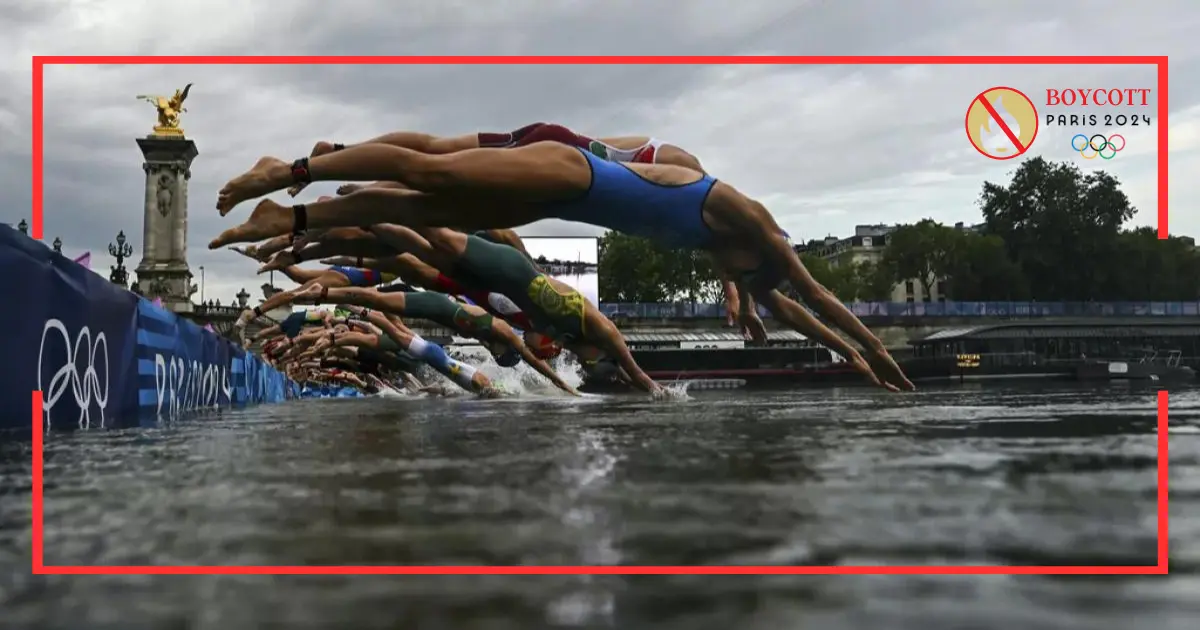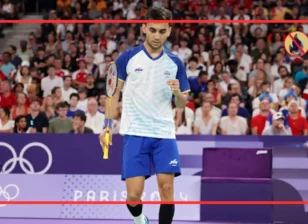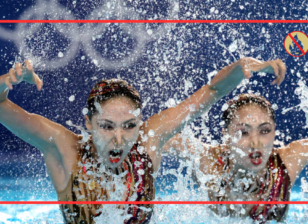Olympic marathon swim test run abandoned due to Seine river pollution concerns
FRANCE-Due to worries about the quality of the water in the Paris canal, a test run intended to let Olympic swimmers become acquainted with the marathon swimming route in the Seine River was postponed on Tuesday 6 August 2024.
Is the Seine river safe for olympic swimmers?
In an early-morning meeting, World Aquatics decided to call off the drill, the organization said in a statement. Since both the marathon swimming competition and the swimming leg of the triathlon are scheduled to take place in the river, the long-standing pollution in the area has raised concerns about fluctuating bacterial levels. According to the statement, organizers will choose early on Wednesday morning whether to proceed with a second marathon swimming test event that is planned. The men’s marathon swim event is slated on Friday, while the women’s event is scheduled for Thursday. The triathlon mixed relay competition was staged in the river that flows through the heart of the French city the day before the marathon swimming test event was canceled. The triathletes’ swim on Monday had levels of enterococci and E. coli in their feces that were within permissible bounds for the duration of the triathlon relay course, according to statistics provided by World Triathlon on Tuesday. Both the triathlon and marathon swimming segments begin and conclude at the Pont Alexandre III; however, the marathon swimming circuit is farther down the river. On the 1.67-kilometer (1 mile) course, marathon swimmers complete six laps for a total distance of 10 kilometers (6.2 miles).
What’s behind the Seine river’s water quality issues?
At four river collection sites, E. Coli levels ranged from “good” to “very good” in water samples taken early on Monday, according to World Aquatics. Enterococci samples take longer to develop, hence the decision to postpone Tuesday’s test run was based on those samples, according to the organizers. The enterococci levels from Monday were available by Tuesday morning, and although they indicated that the river’s water quality had improved, one of the four tests was still not up to World Aquatics standards. Guidelines for “good” water quality are set by the World Aquatics and World Triathlon Federations and allow for the presence of up to 1,000 E. Coli colony-forming units and 400 enterococci colony-forming units per 100 milliliters, respectively. According to information provided on Tuesday, a sample obtained early on Monday near Port du Gros Caillou, which is on the marathon swimming route but beyond the point where triathletes turned around on Monday, revealed a level of 436 units of enterococci. The marathon swimming competitions in the Seine are expected to go ahead as scheduled, according to the organizers, who cited “a favorable weather forecast and forward-looking analysis” as their reasons.
Will the Olympic marathon swim find a new venue?
According to apnews, That assurance was reiterated by Paris Mayor Anne Hidalgo, who last month allayed concerns about water quality ahead of the Olympics by swimming in the Seine in front of a large crowd. “The event will go on because there has been a noticeable improvement in the weather over the last few days, but we will obviously wait to hear the water quality results,” she stated. Therefore, I tell everyone who wants to keep saying that it’s impossible to clean up a river, ‘Yes it is possible, we did it. Since 1923, swimming in the Seine has been forbidden, with a few exceptions, due to the very hazardous water. As per arabnews, to make sure that certain swimming competitions could be placed in the river, Paris devised an ambitious plan that included infrastructural modifications worth 1.4 billion euros ($1.5 billion). This involved improving wastewater treatment facilities and repairing sewer infrastructure, as well as building a massive basin to collect surplus rainfall and prevent effluent from pouring into the river. Out of the over 100 triathletes who participated in the men’s and women’s individual events last week, four of them fell ill in the days that followed. It’s not apparent if the water was the cause, though. Some enterococci and E. Coli strains, which are mostly benign, are found in the intestines of healthy humans and animals. However, some are harmful, and ingesting tainted water can lead to intestinal or urinary tract illnesses. A person’s age and overall health are the two main determinants of whether they become unwell following exposure.
Call to action: Boycott Pairs olympics 2024
The weather and the quality of the water in the Seine are strongly related. While warm temperatures and the sun’s UV rays can kill the germs and decrease levels, heavy rains can cause wastewater and runoff to pour into the river, resulting in higher levels. There have been many incidents of torrential rain during the Games, despite the majority of the weather being hot and sunny. Test swims in the Seine before the individual and triathlon mixed relay events were canceled due to water quality concerns, which also resulted in the men’s individual triathlon being postponed by one day. These situations are unhygienic for players. On these basics this event should be boycotted.





